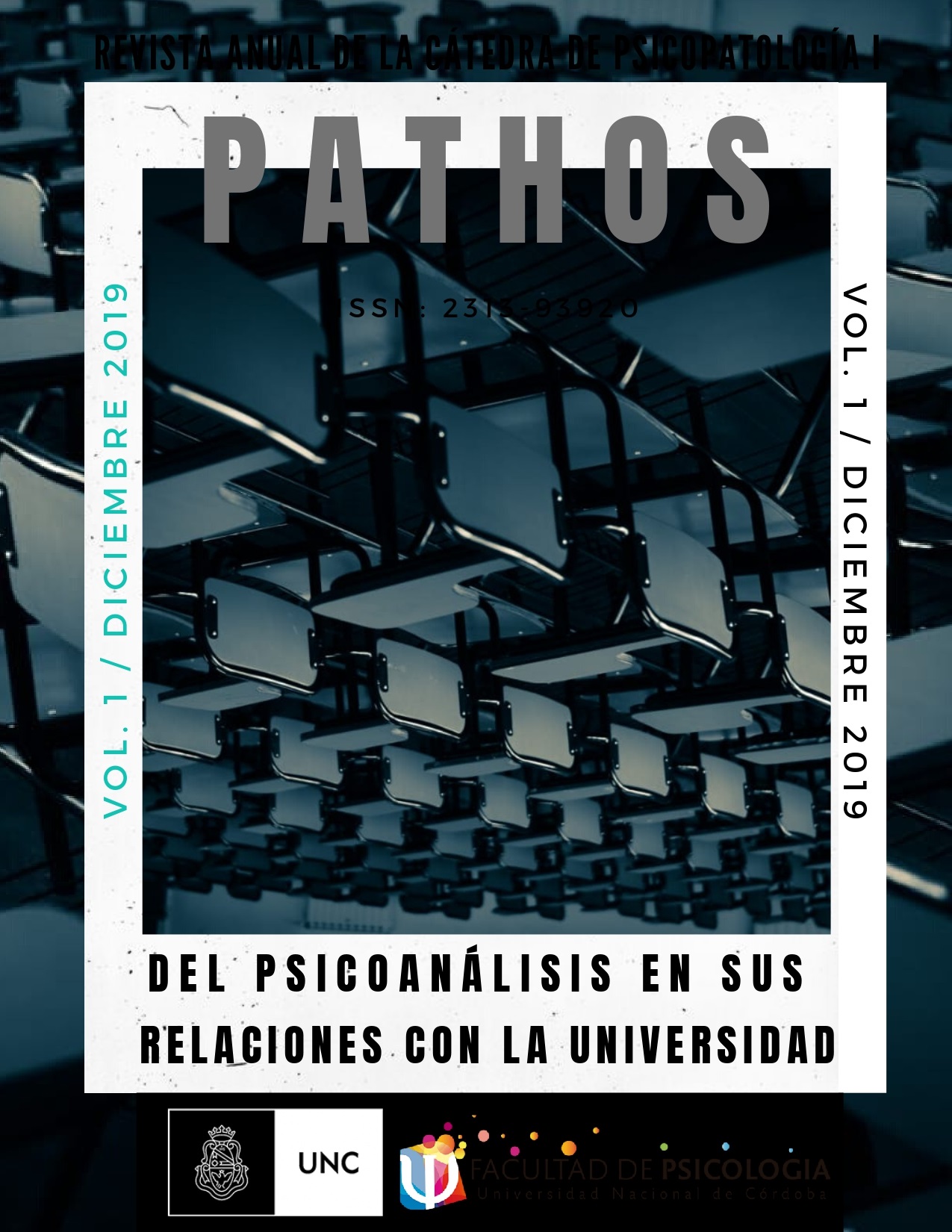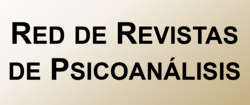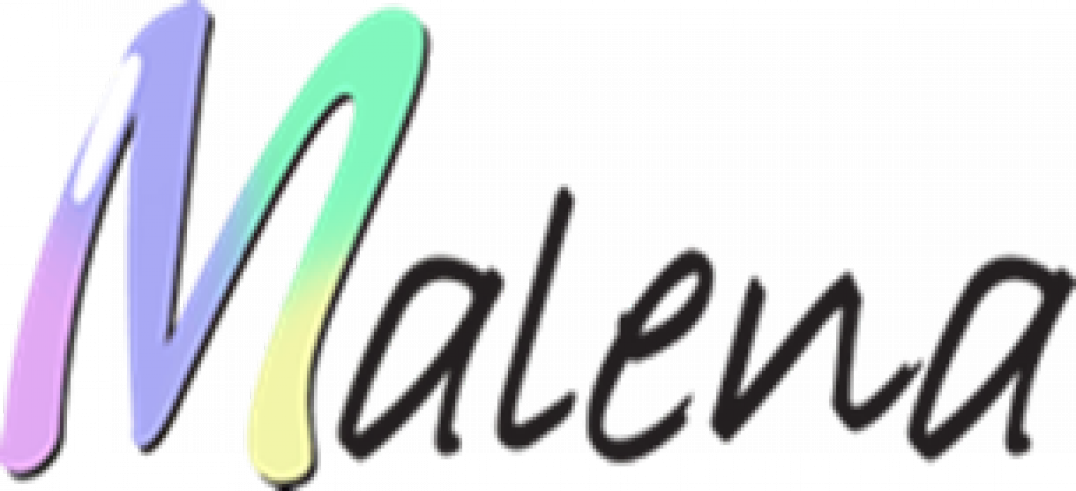A psychoanalytic reading of current criminality
The imperative of jouissance and a possible explanation of the emergence of theft
Keywords:
Criminology, psychoanalysis, guilt awareness, theft, superegoAbstract
This article intends to bring the reader from a psychoanalytic perspective to a possible reading aboutthe emergence of property crimes, particularly theft. Analyze the influence of a new psychic structuringcharacterized by a superego instance that promotes an imperative to enjoy deliberately. For this, thetheoretical postulates of Freud and Lacanian-oriented psychoanalysts will be taken as a point ofreference as well as considerations of authors of current philosophy such as Byung-Chul Han.
Downloads
References
Delgado, O. (2017) “Psicoanálisis de la segregación: Reflexiones sobre lo desechable”. En Delgado, O &Fridman, P. (2017). Indagaciones Psicoanalíticas sobre la segregación.Buenos Aires: Grama.
Freud, S. ([1916] 1968). “Algunos tipos de carácter descubiertos por la teoría psicoanalítica” en ObrasCompletas, Tomo XIV. Buenos Aires: Amorrortu.
Han, B.-Ch. (2016) Topología de la violencia. Barcelona: Herder Editorial.
Lacan, J. ([1959-1960] 2017). “La ética del psicoanálisis” en El Seminario de Jacques Lacan. Libro 7. BuenosAires: Paidós.
Lacan, J. ([1953] 2008). “Función y campo de la palabra y del lenguaje en psicoanálisis” en Escritos 1 (2da ed).Buenos Aires: Siglo XXI.
Mollo, J.P. (2015). “Los que no han desarrollado metas ni inhibiciones morales” en Psicoanálisis y criminología.Ed: Paidós. Buenos Aires.
Sack, O. (2017). “Modos de segregar: El psicoanálisis y la política. Una discontinuidad discursiva.” En Delgado,O & Fridman, P. (2017). Indagaciones Psicoanalíticas sobre la segregación.Buenos Aires: Grama.
Downloads
Published
Issue
Section
License
Copyright (c) 2019 Juan Francisco Robles

This work is licensed under a Creative Commons Attribution-NonCommercial-ShareAlike 4.0 International License.
Attribution - Non-Commercial - Share Alike (by-nc-sa): No commercial use of the original work or any derivative works is permitted, distribution of which must be under a license equal to that governing the original work.










